North Indian Beverages: Basic Overview
Common Ingredients
Common Preparing Methods
Drinking Etiquette
Influence and Fusion
North Indian Beverages: Origin and Region
Cuisine
Culinary Region
Country’s Region
Classifications of North Indian Beverages
-
Non-alcoholic Beverages
Are normally made from natural ingredients with many health benefits.
Often consumed to refresh, provide hydration, and aid digestion.
Packed with various flavors, from sweet and tangy to spicy and savory.
Let’s immerse yourself in the vibrant drink culture of North India! From creamy lassis to fragrant teas, this region offers many beverages that tantalize the taste buds and quench the thirst.
Because of cultural and religious regulations in the general Indian beverage options, alcohol consumption is limited. North Indian beverages are often made from local ingredients like yogurt, spices, and fruits, providing refreshing and health-boosting options for every season.
Beyond learning these drinks, you’ll also know some pairings of dishes and drinks in this region. So, get ready to explore a world of refreshing coolers and comforting drinks in North India, each with its own story to tell.
12 Common North Indian Beverages
Explore the 12 non-alcoholic beverages from North India. For a quick search, you can view these options using the convenient filter below.
Lassi
- Non-Alcoholic
- National
- Street Beverages
- Traditional
Lassi is a traditional North Indian drink made from yogurt and water. Lassi comes in 2 main varieties: sweet and salty. Lassi is also an Indian drink.
Sweet lassi is a delightful treat, often flavored with sugar, fruits like mango, or fragrant spices like cardamom. Salty lassi, on the other hand, is a tangy and refreshing drink, sometimes featuring black pepper or cumin for a savory kick.
Traditionally served in clay cups called kulhars, lassi is a delicious way to cool down and enjoy the taste of yogurt in a whole new way. FYI, it’s also a popular yogurt-based drink in Bangladesh.
Thandai
- Non-Alcoholic
- Traditional
Thandai is a North Indian fragrant beverage especially popular during the festival of Holi. It’s made with a creamy milk base, infused with a paste of nuts, seeds, and aromatic spices like fennel and cardamom.
The drink is often garnished with saffron and rose petals, enhancing its aromatic appeal and visual presentation.
Sweetened with sugar, thandai offers a balance of creamy richness, nutty depth, and refreshing floral notes. Its ingredients are believed to have health benefits, such as aiding digestion and providing essential nutrients.
Aam Panna
- Non-Alcoholic
- Traditional
Aam panna is a traditional North Indian drink made from raw mangoes. The drink is prepared by boiling raw mangoes, extracting their pulp, and blending it with water, sugar, and a mix of spices, like cumin, black salt, and mint.
Aam panna has a tangy and slightly sweet flavor from mangoes. Plus, packed with vitamin C and electrolytes, aam panna is not only delicious but also helps your body combat heat and dehydration.
Masala Chaas
- Non-Alcoholic
- Street Beverages
- Traditional
Masala chaas is a North Indian spiced buttermilk drink. Made by blending yogurt with water and spices like cumin, ginger, green chilies, and coriander leaves, this savory drink is a staple in many households, especially during the hot summer months.
Served chilled in glasses or traditional clay cups, kulhars, masala chaas is a perfect way to cool down.
Plus, renowned for its health benefits, masala chaas aids in digestion and provides a good source of probiotics, which are good for gut health.
Jaljeera
- Non-Alcoholic
- Street Beverages
- Traditional
Jaljeera is a tangy and spicy drink in North India made from water and jaljeera powder, which typically contains cumin, ginger, black pepper, mint, black salt, and lemon.
Jaljeera is often served chilled and garnished with mint leaves or lemon slices, providing a perfect balance of flavors that can stimulate the appetite and aid digestion.
Shikanji
- Non-Alcoholic
- Street Beverages
- Traditional
Quench your thirst and awaken your taste buds with shikanji, a famous citrus beverage from North India. Shikanji is made with freshly squeezed lemon juice, water, sugar, and a pinch of black salt, so it has a hint of sweet and salty complexity.
Like many other Indian drinks, shikanji is best served chilled, making it a perfect companion for hot summer days.
Kanji
- Non-Alcoholic
- Traditional
Kanji is a probiotic drink made by fermenting various vegetables like beetroot (called “kaan” in Hindi) or black carrots with mustard seeds, black salt, heeng (pungent and aromatic spice), and water.
The fermentation process creates a tangy and slightly spicy beverage, with a beautiful ruby-red color and high in probiotic content. Kanji is not only refreshing but also boosts the immune system thanks to the healthy benefits of these veggies.
Moreover, kanji is typically enjoyed during the winter months.
Bael Ka Sharbat
- Non-Alcoholic
- Traditional
North Indian summers get a taste of the wild with bael ka sherbet, a refreshing drink made from the wood apple (bael fruit). This beverage has a beautiful amber color and a unique flavor profile.
The pulp of the bael fruit, known for its cooling properties, is simmered with sugar and water to create a syrup. This syrup is then diluted with chilled water and often garnished with a pinch of black salt or roasted cumin powder
Therefore, bael ka sherbet has sweet, tart, and tangy notes.
Masala Chai
- Non-Alcoholic
- National
- Street Beverages
- Traditional
North India warms you up from the inside out with masala chai, a spiced tea. Black tea brews strong, forming the base for masala chai. Spices like cardamom, cloves, ginger, and cinnamon add an aromatic depth, while milk and sugar provide a touch of creaminess and sweetness.
Masala Chai is enjoyed throughout the day, offered hot and usually brewed in a simmering pot on the stove. It’s a delicious way to start your day, unwind in the afternoon, or simply enjoy a comforting drink. Masala chai is also a famous drink across South India.
Kangra Tea
- Non-Alcoholic
- Traditional
Kangra tea is a North Indian treasure. Cultivated in the Kangra Valley of Himachal Pradesh for centuries, these green and black tea leaves boast a unique flavor profile. Try it, you can feel its freshness and fragrance, with hints of earthiness and fruitiness.
Unlike its more famous cousin, Darjeeling, Kangra tea offers a milder experience, perfect for those who prefer a gentler cup. In fact, Kangra tea has earned a special designation in India, recognizing its geographic origin and exceptional quality.
Jamun Sharbat
- Non-Alcoholic
- Traditional
Jamun sharbat drink is made from jamun, a small, purple fruit also known as the Indian blackberry.
The drink is prepared by blending tart jamun pulp with sugar, water, and sometimes spices like cumin. The result is a tangy, sweet beverage with a beautiful deep purple color.
Jamun sharbat is not only delicious but also believed to have properties that help manage blood sugar levels.
Imli Ka Amlana
- Non-Alcoholic
- Traditional
Imli ka Amlana is simply a tamarind drink with a tangy and refreshing taste. Made from tamarind pulp, this beverage is mixed with water, sugar, black salt, and various spices like roasted cumin powder and black pepper.
That’s why Imli Ka Amlana has a balance of sweet and sour notes. Renowned for its digestive properties, locals often consume this beverage after meals to aid digestion.
Do North Indians Drink Alcohol?
Yes, North Indians do drink alcohol, but the consumption and regulations vary widely based on state laws. For example, the legal drinking age is typically 25 in Delhi but varies in other states.
Common alcoholic beverages in North India include traditional drinks like bhang (made from cannabis leaves), toddy (palm wine), and commercially available options like beer, whisky, rum, and wine.
How to Pair Beverages with Dishes in North India?
Here are 4 recommended pairing examples to match North Indian-based delicacies with the right drinks for the best dining experience.
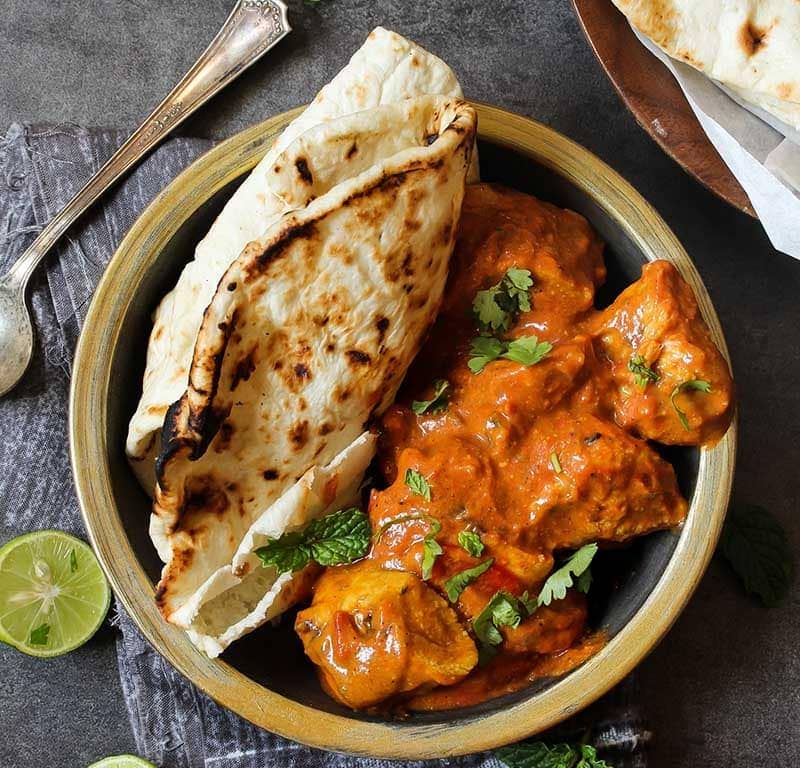
Lassi
The creamy, cooling nature of lassi balances the rich flavors of butter chicken and paneer-based curries.
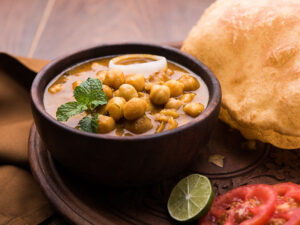
Masala Chai
The aromatic spices in masala chai complement the hearty and savory flavors of chole bhature and samosas.
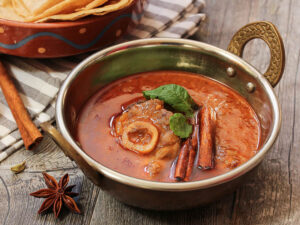
Shikanji
The refreshing and tangy notes of shikanji cut through the richness of rogan josh.
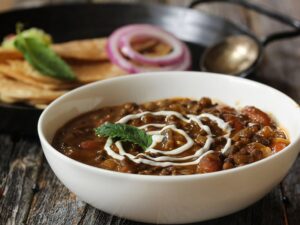
Jaljeera
The tangy, spicy notes of jaljeera enhance dal makhani rich, creamy texture.
Have you tried any North Indian beverages yet? Their flavors and refreshing qualities await you. So, if you have tried some of them, please share your experiences in the comments.
If you are curious about other drinks in other countries, don’t forget to explore more cultural drinks on my website.
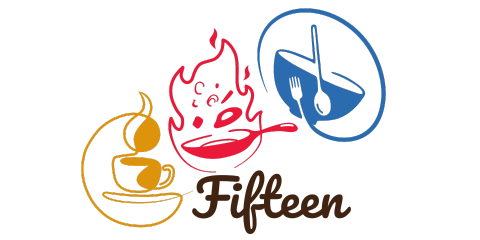

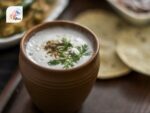


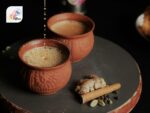
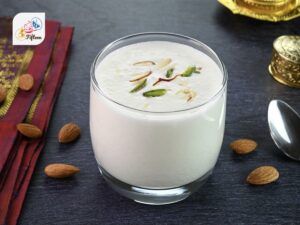
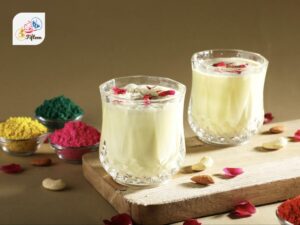
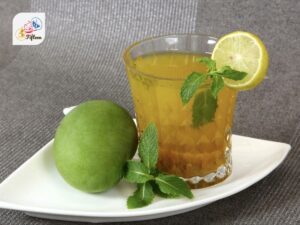
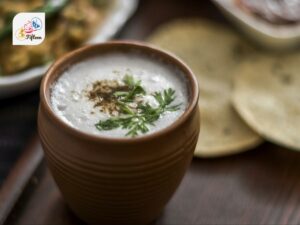
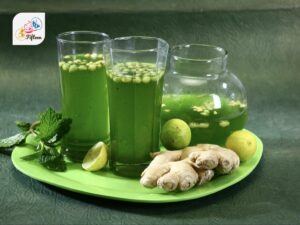
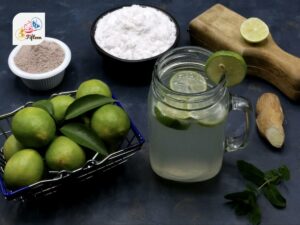
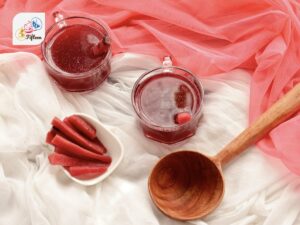
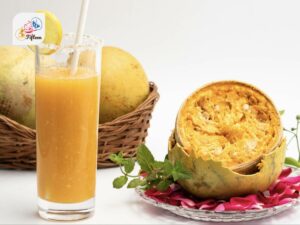
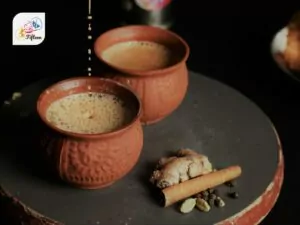
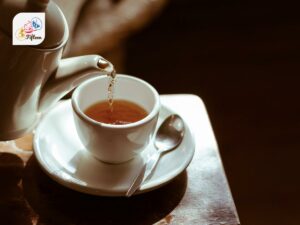
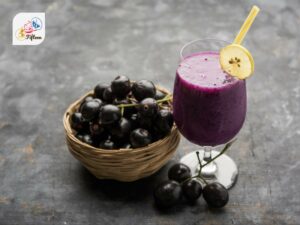
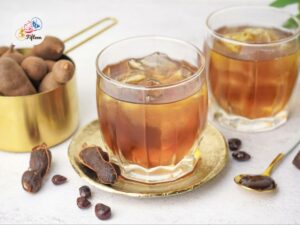
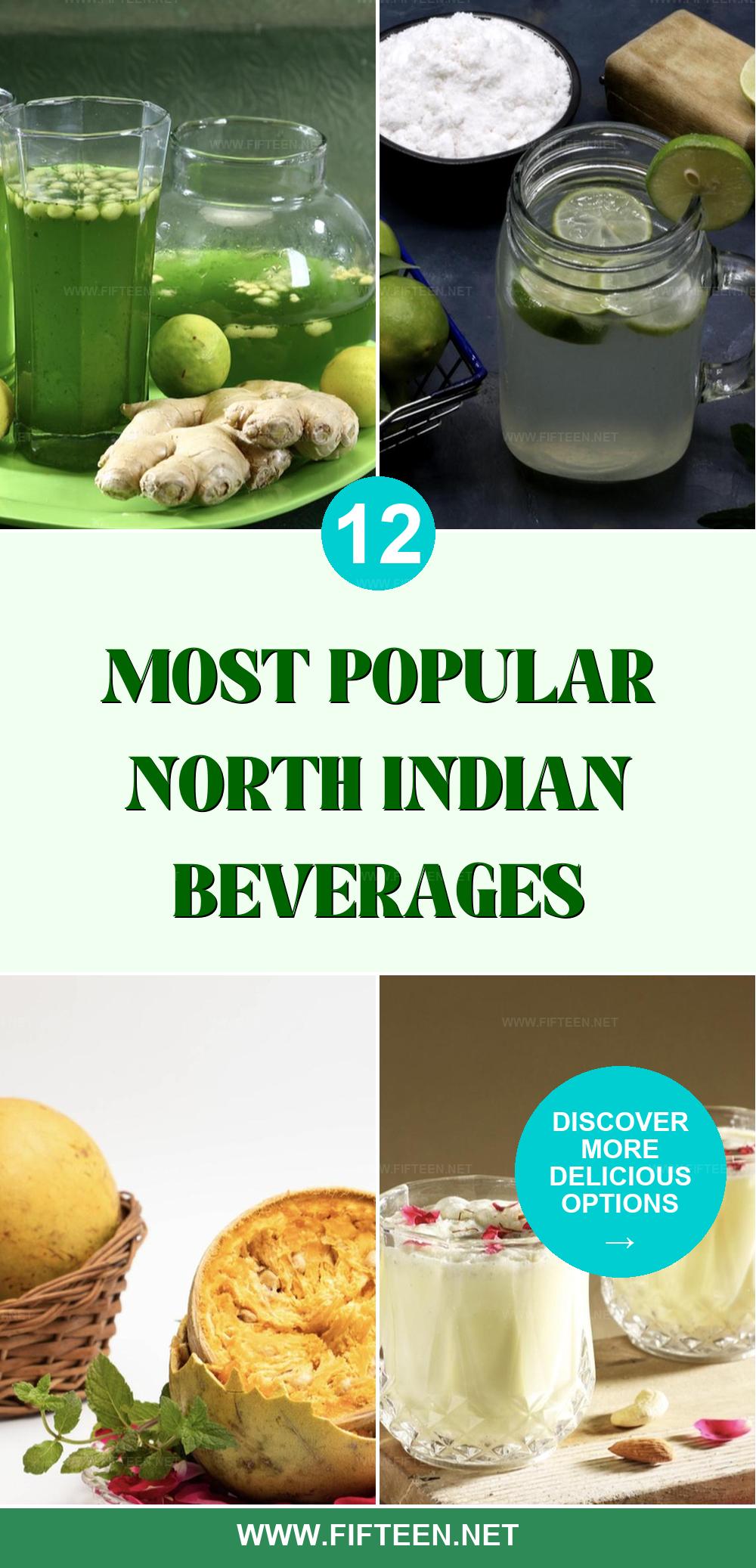
Jamie Scott
Editor in Chief, Senior Content Writer
Expertise
Home Cooking, Meal Planning, Recipe Development, Baking and Pastry, Food Editor, Cooking-video Maker, Western Food Evaluation Expert
Education
Le Cordon Bleu College of Culinary Arts
Local Community College, New York, NY
Jamie Scott is a skilled culinary expert and content creator specializing in Western cuisine. With over 15 years in the culinary field and formal training from Le Cordon Bleu, Paris, Jamie deeply understands how to blend nutrition with delicious flavors. His passion for cooking matches his commitment to making healthy eating accessible and enjoyable.
On Fifteen.net, Jamie brings a fresh perspective to classic dishes and beverages, offering readers insightful recipes, cooking tips, and a fresh view on meal planning that emphasizes taste, health, and simplicity.